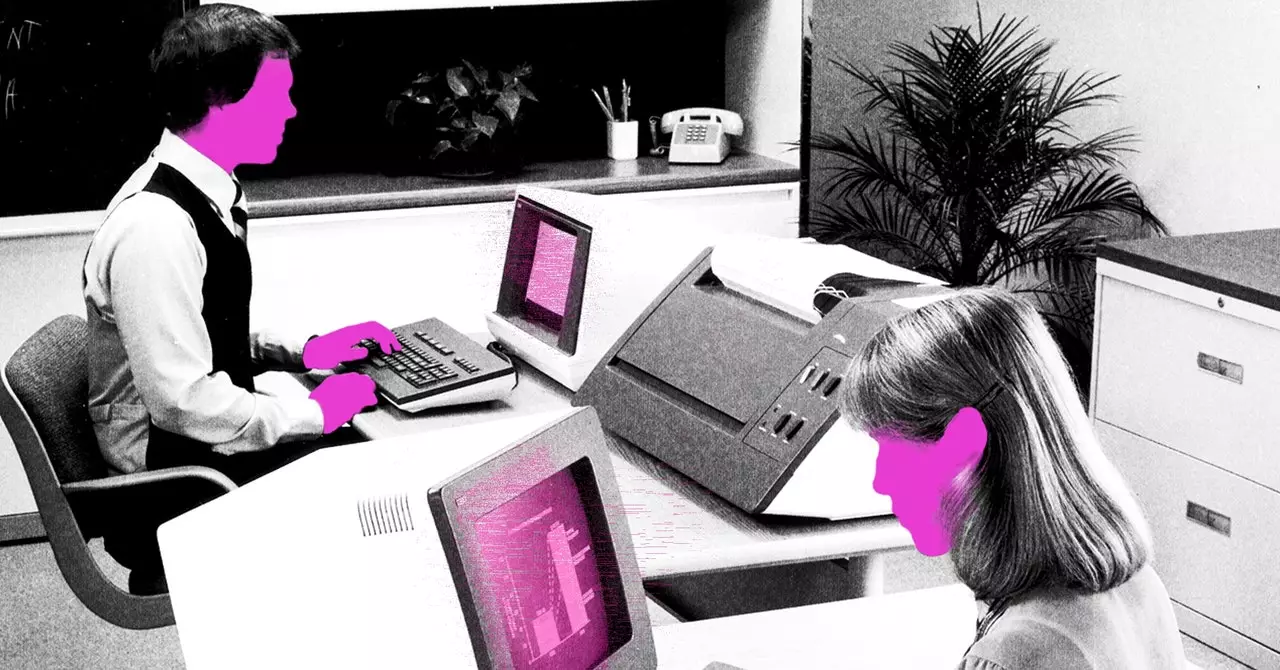Generative artificial intelligence (AI) is often a topic of heated debate, with advocates and critics voicing their perspectives on its impact and implications for society. While its potential for creativity and innovation in various fields, particularly in prototyping tools that can be immensely beneficial, should not be overshadowed, it’s crucial to examine the darker side of this technology. This article aims to delve into both the positive aspects of generative AI demonstrated in practical settings, such as hackathons, and the ethical challenges that arise from its implementation.
The Hackathon Experience: A Glimpse into Innovation
One of the most exciting aspects of generative AI technology is its ability to rapidly prototype tools that cater to specific needs. An ideal illustration of this is the Sundai Club, a monthly event held near the Massachusetts Institute of Technology (MIT). These gatherings attract a mix of creative minds, including students from prestigious institutions like MIT and Harvard, industry professionals, and even individuals working in government sectors. During these sessions, participants brainstorm and prototype tools, lending their diverse expertise to identify real-world applications for AI.
For instance, at a recent Sundai Club hackathon focused on journalism, participants collaborated to conceptualize innovative tools that can enhance the effectiveness of news reporting. Through group discussions and brainstorming exercises, they proposed several intriguing projects, such as a tool to scrutinize political discourse on social media platforms like TikTok, and a mechanism for generating Freedom of Information requests automatically. The collaborative environment fosters creativity, as people from different backgrounds contribute unique perspectives, resulting in meaningful prototypes that address pressing societal needs.
In addition to showcasing innovation, the Sundai Club emphasizes the importance of responsible AI use. Supported by the nonprofit organization Æthos, which advocates for ethical AI development, the participants are well aware of the challenges intertwined with generative AI, such as pervasive biases, the unauthorized utilization of creative content, and the significant energy and resources required for training models. By engaging with the ethical implications of their projects, participants cultivate an awareness of the socio-economic impact of the tools they create, ensuring that their endeavors reflect socially responsible practices in AI.
The club exemplifies how concerned individuals can come together to not only innovate but also scrutinize the morality of their inventions. This dual approach is essential in a rapidly evolving technological landscape, where the power of AI must be wielded carefully and with discernment.
One of the notable outcomes from a journalism-focused meeting at Sundai Club was the creation of a prototype named AI News Hound. This tool was specifically designed to assist journalists in sifting through vast amounts of research available on platforms like Arxiv—a repository for preprints of research papers. With the ambition of enabling reporters to identify pertinent AI papers efficiently, the developers utilized the OpenAI API to create a word embedding model that analyzes relationships and relevance among research topics.
By tapping into the broader data landscape, which includes online discussions from platforms like Reddit and news articles, the developers were able to visualize connections between emerging papers and ongoing discourse in real-time. While still in its nascent stage, AI News Hound illustrates the practical benefits AI can provide to journalism, aiding reporters in producing comprehensive articles informed by cutting-edge research.
Generative AI holds vast potential for driving innovation across various sectors, including journalism. However, we must confront the ethical questions that arise alongside these advancements. While hackathons like Sundai Club appear as fertile grounds for creativity and collaboration, they simultaneously highlight the need for responsible AI use. The journey towards meaningful AI applications should always include a critical examination of the implications of these technologies, striving for solutions that not only innovate but do so ethically and sustainably. As we step into this rapidly transforming world, the balance between harnessing AI’s power and addressing its ethical dilemmas is paramount for shaping a future where technology serves humanity responsibly.


Leave a Reply